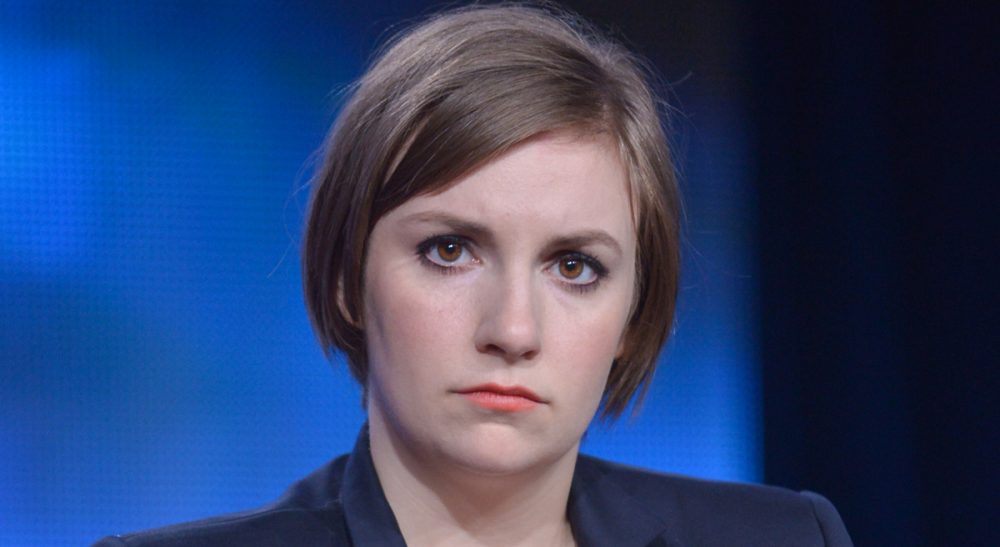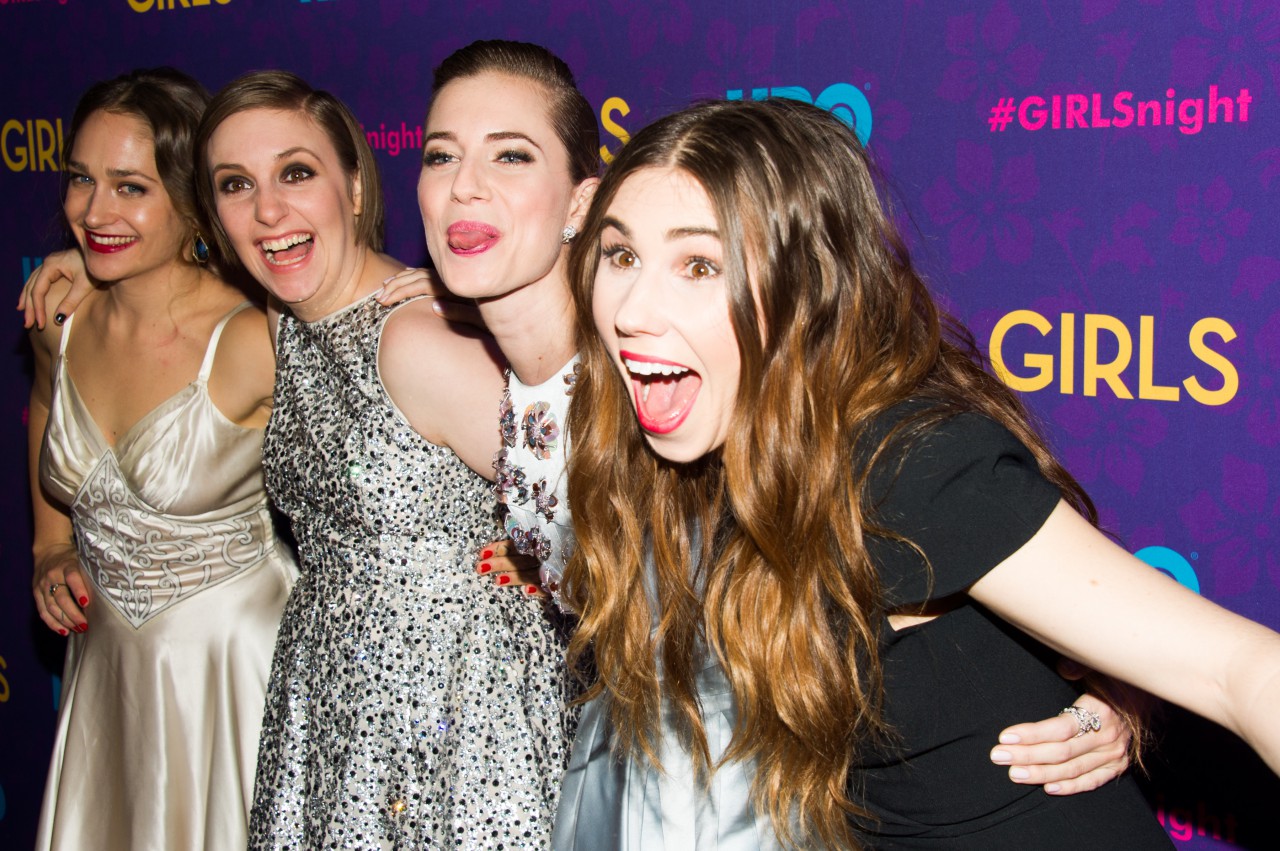Advertisement
Lena Dunham Is The New John Updike — But Not In A Good Way

I’m supposed to like the HBO series “Girls,” which began its third season this month. Here’s why: as a member of the Millennial generation — albeit just barely; 1981, my birth year, is the standard cutoff — and as a writer, I’m meant to recognize that Lena Dunham, the show’s creator, writer, producer and star, is telling my story.
Also, the show takes place in New York City and, at its start, I was just ending my tenure in the Big Apple. Then there’s the fact that Hannah, Dunham’s character, is a writer. Plus, the guys in the show kind of resemble me — a bit on the scruffy side, unshaven, artsy, tech-savvy, weird.
And yet, I really don’t like the show. Don’t get me wrong, I watch it. I can’t turn away. It’s like a train wreck in which the train cars are 10-year-old Honda Civics (the official parent-purchased car of the Millennial generation), screeching over Spotify-streaming music tracks, and crashing into a graffiti-covered Facebook wall.
Lena Dunham is like a new, contemporary incarnation of the [Great Male Narcissist, or] GMN.
I get all the pieces, but the whole of it is just sad.
It’s taken me three seasons to figure this out. It’s always made me uncomfortable and at times the characters are laughable parodies of people I know, but that doesn’t get to the heart of what really bothers me.
And then it occurred to me: Lena Dunham is the new John Updike — but not in a good way.
In David Foster Wallace’s essay “John Updike, Champion Literary Phallocrat, Drops One; Is This Finally the End for Magnificent Narcissists?” he describes the waning influence of those he called the “Great Male Narcissists,” or GMNs. These include Updike, as well as Norman Mailer, Philip Roth and their ilk. When Wallace’s piece was published in October 1997 in the New York Observer as a review of Updike’s novel “Toward the End of Time,” Updike still had another decade of life left ahead of him, but Wallace predicted, “When a solipsist dies…everything goes with him.” And, for a while, it looked like Wallace was right.

But, Lena Dunham is like a new, contemporary incarnation of the GMNs. It’s very likely that Dunham, who graduated from Oberlin College in 2008 and was a Creative Writing major, studied Updike and other modernist writers. She, like most English majors of the past several decades, was probably exposed to the greats of modernity by professors who admired them and thought that writers like Updike spoke for their generation. And we all got it in our heads that we needed to write like them, and then become the voice of our own generation. In the pilot episode of “Girls,” Dunham’s character Hannah even tells her parents, “I may be the voice of my generation, or, at least, a voice, of a generation.” Though, in interviews, Dunham has disassociated herself with the statement, insisting that it was her character speaking, and, at the time, her character was high on opium.
I certainly had an outsized admiration for writers like Updike and Mailer when I was in college. I’m pretty sure I’ve even written somewhere that Updike’s short story “A&P,” which is included in every literature anthology ever, was what made me want to be a writer. And it’s true; there’s no denying the literary prowess of John Updike and the like. But something happens for most of us by the time we earn our degrees or shortly thereafter; we realize that the GMNs were actually kind of jerks. Wallace writes that Updike’s characters, which are often just stand-ins for the author himself, are “incorrigibly narcissistic, philandering, self-contemptuous, self-pitying…and deeply alone.” Some of the shimmer wears off these guys when real life happens. Suddenly illicit affairs and rampant alcohol abuse no longer seem so glamorous.
Dunham fetishizes these horrors in 'Girls;' rather than offer an antidote to what ails Millennials, she makes it seem somehow glamorous.
But I’m not sure Dunham has come to this conclusion yet. Sure, her characters’ list of peccadilloes is different — they’re more of the drug-addicted, sadistic sorts — but they are no less narcissistic, self-contemptuous, self-pitying or alone.
Lena Dunham, the person, seems likable and sincere — she’s nothing if not hardworking and industrious. And, as a writer who is slightly older than she is, I’m unabashedly envious of her success. Further, what most bothers me about “Girls” is not really any of the things that seem to spark others’ ire — the show’s nudity, the lack of minority characters, or the famously disturbing sex scenes. No, what bothers me about “Girls” is that Dunham seems painfully unaware that, as Wallace writes, “today’s subforties have very different horrors, prominent among which are anomie and solipsism and a peculiarly American loneliness.” Dunham fetishizes these horrors in “Girls;” rather than offer an antidote to what ails Millennials, she makes it seem somehow glamorous.
Ultimately, “Girls” feels like a missed opportunity from an artist who seems capable of so much more. While the show occasionally has glimmers of important social commentary about an emerging and misunderstood demographic, most often it comes across as little more than a hyper-produced “selfie.”
Related:
